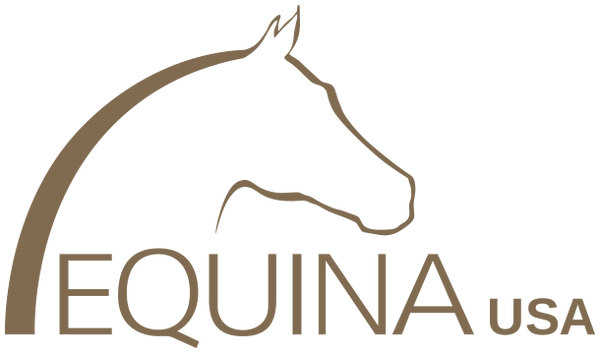
Supporting Horses During Training and Shows
Horses in all types of training programs undergo significant physical stress as they are asked to deal with tack, riders, and new activities daily. This is not necessarily negative—it ultimately leads to a stronger, more capable horse. Part of training success is dependent on keeping the individual horse comfortable, giving them what they need to meet physical challenges, and helping them recover from training sessions.
What Should I Be Proactive About?
All the body systems must be considered for horses in training. For example, some are predisposed to ulcers, which must be addressed while the horse is at work. Others may have joint issues that need to be maintained while in training. However, across the board, all horses in training are taxing their muscles to some degree as they are asked to progress through the levels of their discipline.
Training involves repetitive movements that require the horses to use muscles differently than in daily life. They are subject to the possibility of intermittent or chronic soreness. They may experience fatigue. Tension can develop in some cases. Yet, they are expected to go to work most days and progress mentally and physically. It makes sense to support the muscular system during these times to maximize the effort and expense put into the horse and optimize the outcome.
What Problems Should I Look Out For?
Signs of muscle dysfunction include poor overall performance, lack of progress/being behind in training, lack of fitness and stamina, tightness or soreness, lack of suppleness, resenting the saddle or rider, behavior issues, excessive sweating, tying up, inability to hold a chiropractic adjustment and respond to bodywork, spooking, intermittent/elusive lameness issues, poor range of motion, lack of power/inability to engage, decreased rideability, and poor topline/lack of ability to build visible muscle.
What Kind of Nutrients Do They Need?
Essential nutrients to consider for muscle support include antioxidants that protect cells from damage secondary to exercise stress. These include vitamins E and C, as well as selenium. These help normal muscles deal with the abnormal stress of athletic activity in a timely and healthy manner so the horse's body can recover and be ready for the next work session.
Amino acids are also important, as they are essential for muscle formation, and specific ones are needed to allow muscle to build. Horses in training need to develop new muscles quickly to keep up with demands and fully benefit from exercises. Magnesium helps muscle relaxation, and a relaxed muscle is functional and fast. Horses that feel physically relaxed tend to perform better mentally. B vitamins are helpful for energy metabolism — nicotinic acid is a specific B vitamin that is particularly helpful for muscular energy. L-carnitine can aid metabolism and optimize muscular activity.
Prevent problems and address training issues to give your horse the best chance for success.
Be sure to check out our Meganutril and Myofortil products. These help with the primary nutrients and provide essential amino acids and magnesium to support relaxation. Best of all, they are designed to be fed together, so you won't be over-supplementing when feeding together!
